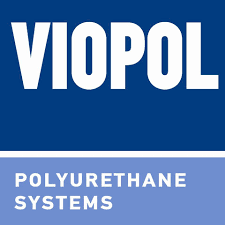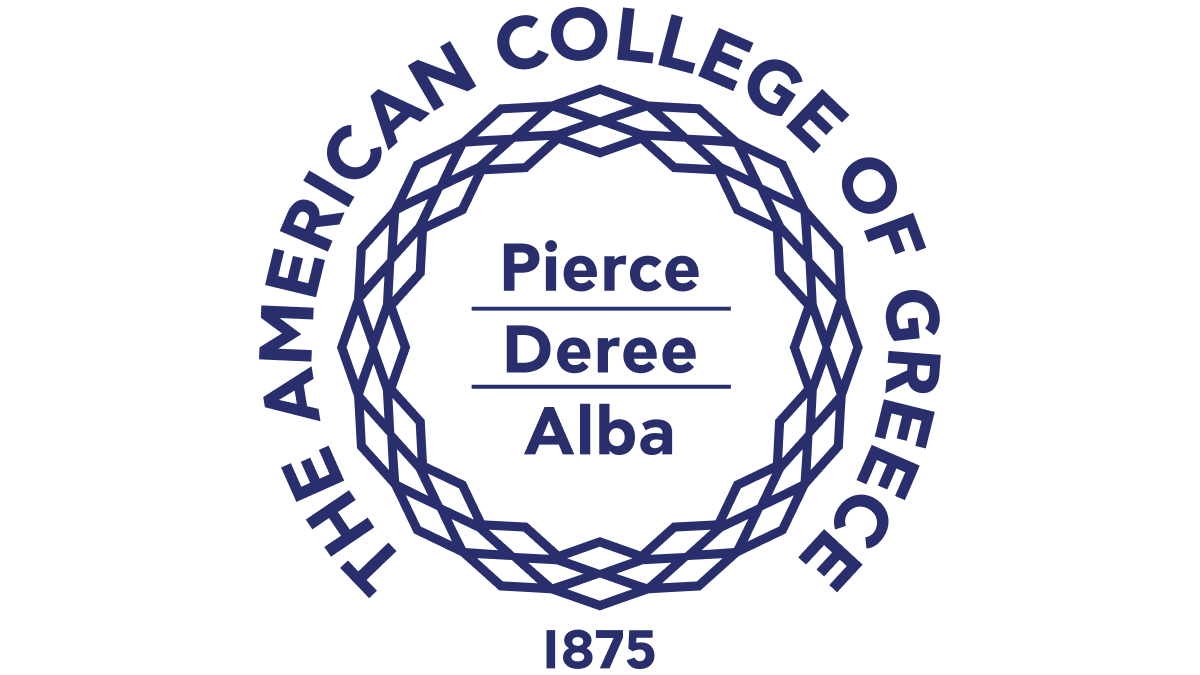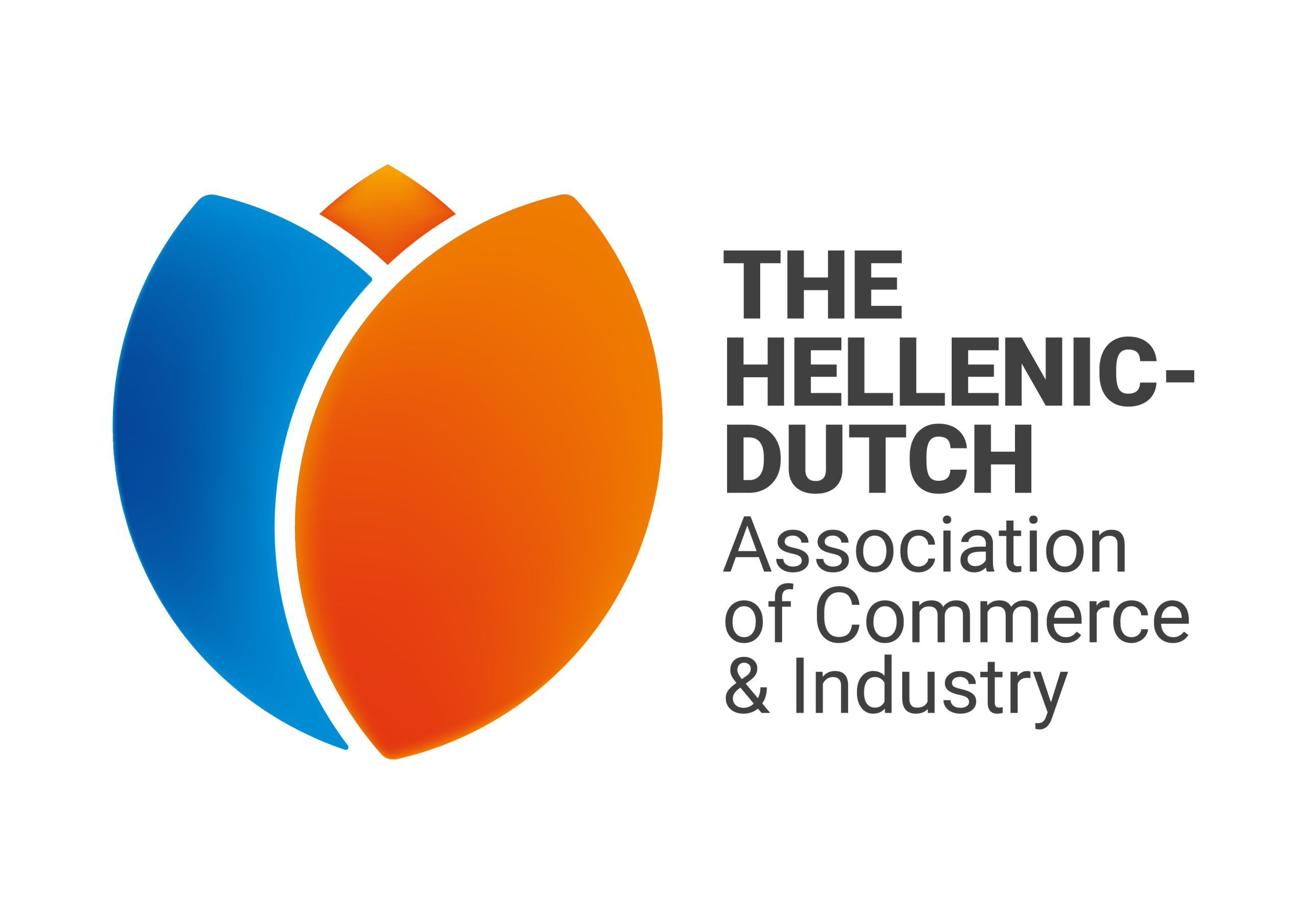The first panel session of The Athens Summit’s [www.athens-summit.com] second day, which was moderated by the President of the Organising Committee, Joseph Stanislaw, was dedicated to the analytical presentation of recent environmental policy developments. Apart from the panel’s two keynote speakers, Commissioner Stavros Dimas and Christophe Bouvier, President of UNEP’s European Division, Mr. George Maged, the Egyptian Minister of State for Environmental Affairs and Personal Representative of President Mubarak to the Ministerial Forum of the Athens Declaration Process, delivered a laconic yet powerful message of solidarity and cooperation, with regard to the confrontation of the mutual challenges of climate change and energy security. He also gave special emphasis on Egypt’s Renewable Energy and Efficiency projects that will be detailed tomorrow by the executive chairman of the Egyptian New & Renewable Energy Authority, Mr. Abd El Rahman Salah El Din.
European Commissioner for the Environment, Stavros Dimas, delivered a major address at the opening session of the Summit’s main programme on the morning of May 6, 2008. After praising the organisers for the initiative of the conference, as well as the prospective signing of the Athens Declaration on Climate Change and Energy Security, Mr. Dimas underlined the severity of the global climate condition, which may be worse than what we had originally anticipated. Recent NASA studies are indicating that the pace of ice-cap melting in the Arctic Circle may be proceeding faster than expected, while Sir Nicholas admonished that his otherwise dire economic prediction should be recalculated from a more pessimistic perspective.
Mr. Dimas also cautioned about the recent outflow of criticism on the development of biofuels, noting that the Commission is finalising a study on the optimisation of its biofuels industry that would increase the energy efficiency of the fuel end-product from its current 35% to 50%. As we move closer to the critical UNF Climate Conference in Copenhagen, the leadership responsibilities of the European Union will be increasing, concluded the Commissioner. Mr. Christophe Bouvier seconded Dimas’ worries on the critical state of the world environment and underlined the need to enhance international co-operation in view of the major Copenhagen Summit in 2009. Mr. Bouvier illustrated this point by referring to a major World Bank “Hot Spots” study, which indicated that 25 million km sq. and 3.4 billion people are relatively highly exposed to at least one natural hazard, and 105 million people are relatively highly exposed to three or more hazards. According to the senior UN official, the Bali Summit was a case of “qualified success”, since it set a clear agenda of what needs to be done by 2009, in order to effectively review the original 1997 Kyoto Protocol. Mr. Bouvier enumerated the major points of progress, by noting that (a) a new and powerful mechanism to finance adaptation projects in developing countries (funded from the Kyoto Protocol Clean Development Mechanism) have been approved, (b) deforestation was recognised as one of the major contributor — around 20% — of all anthropogenic emissions, and (c) significant advances were made in increasing the transfer of clean energy technologies to developing countries.
Finally, Mr. Athanassios Polychronopoulos, General Manager of Polyeco Company, provided us with an illustrative example of how the corporate world can effectively contribute to the combat of climate change. Mr. Polychronopoulos, the owner of the first fully integrated waste management company established in Greece, developed the notion of a comprehensive corporate environmental responsibility that goes beyond the notion of profit generation by tax cuts and other financial incentives. According to Mr. Polychronopoulos, all companies could contribute up to 1/10,000 of their annual gross profits to an international financial fund, administered by the respective UN agencies. This UN administered Fund could then cover the cost of world-wide environmental projects and could operate as a counterbalance to the World Trade Organisation, as the French government recently proposed.
Source: The Athens Summit 2008 news












































1.jpg)



















.jpg)






.jpg)



_.jpg)
.jpg)








